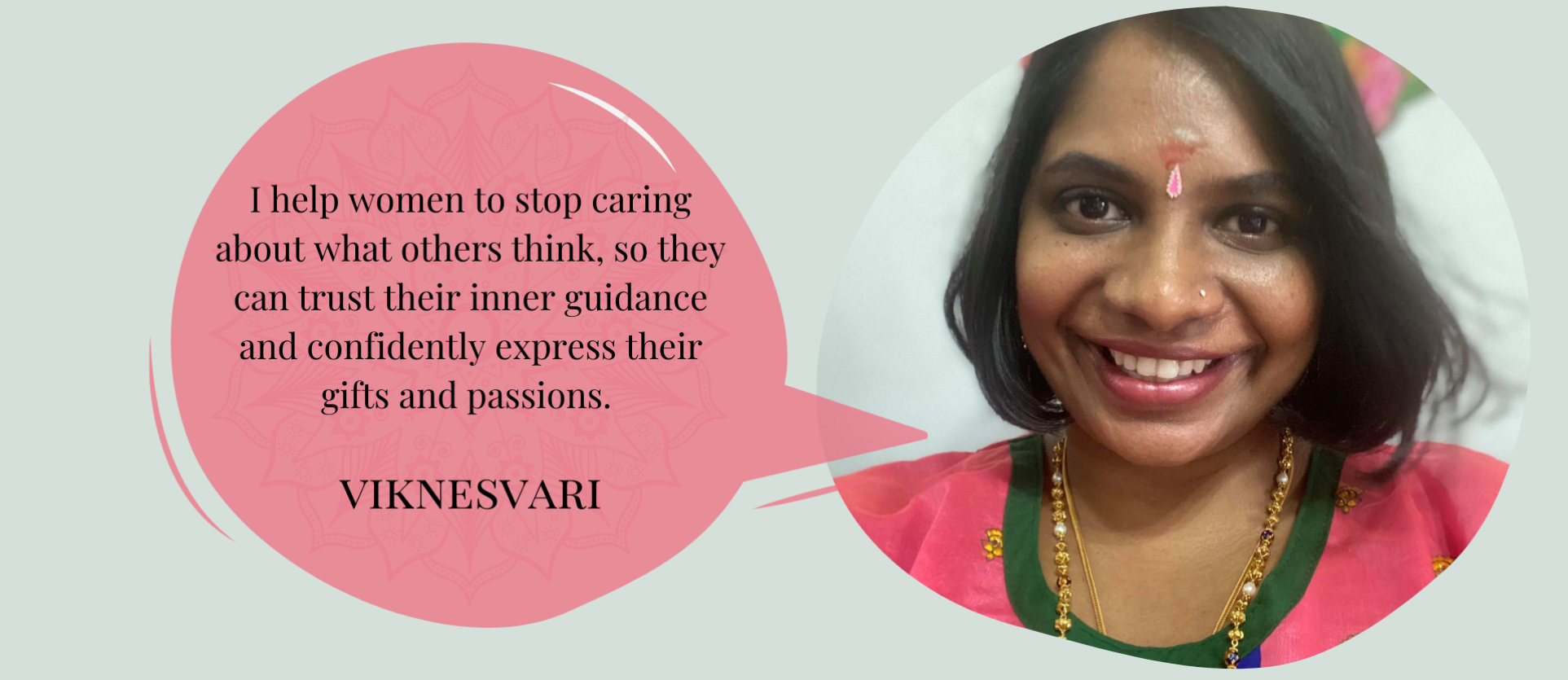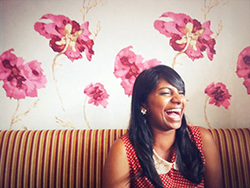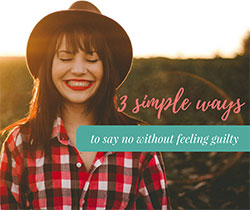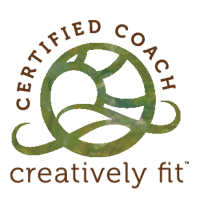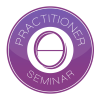How Shutting Down is Killing Your Relationship
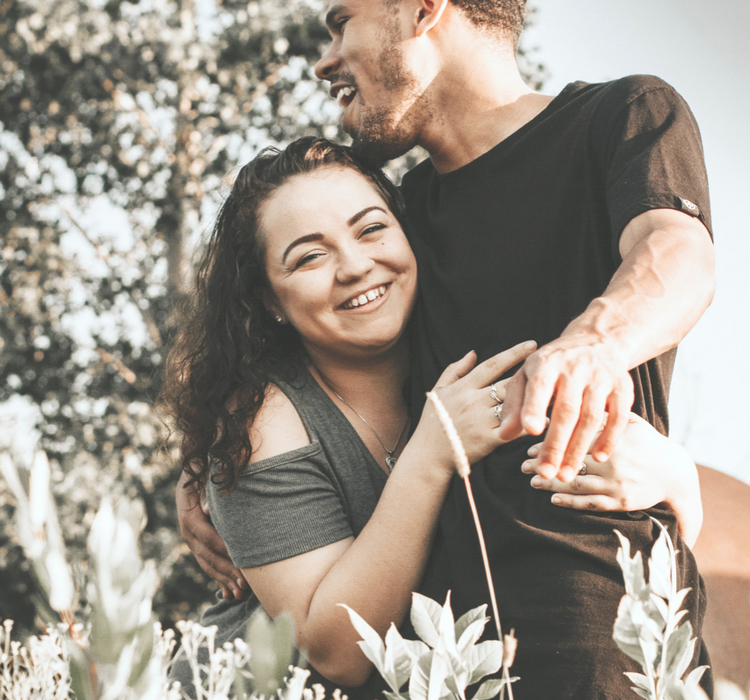
You shut down, because a feeling that’s painful is coming up to the surface and you don’t want to deal with it right now.
You put up a wall to shut every one else out. You’re hurt. You want to be by yourself. You want to lick your wounds and put yourself back together again. You don’t want anyone to see you when you’re in this space. You don’t know what one compassionate or kind word would do – if it would break down all the carefully put together pieces – or if it might make you cry. You’d rather remain unseen.
You may add a window and you allow a select few people to take a peek and connect with you, because that connection feels safe for you. Years later… shutting down, disconnecting, putting up your walls becomes a default mode of protecting yourself, of taking care of yourself in relationships. You’re not even sure how it got there. It feels… almost natural… automatic.
This was my journey as a teenager into my early twenties when I did not have the tools to cope with my emotional triggers. I dare say, I did not know I was triggered – I was caught in and experienced the aftermath of being triggered.
Triggers often bring up past hurts that have not been healed to the surface, to be acknowledged and released. The cost of not doing this inner work, is the risk of repeating these patterns and experiences in your life as well as attracting the same thing in a relationship until you realise that your trigger, and your partner, is here to show you.
It was not until I came across Brene Brown’s work that I learnt about numbing, wearing a straight jacket and about perfectionism. I learnt how my self-protecting mechanisms were causing me more harm and pain, than they were helping me. Shutting down blocked myself from experiencing true joy and connection in my life.
The other perspective that you may not realise is that when you shut down to protect yourself, you are shutting others out. In a relationship when your partner does not understand what’s going on with you, they may internalise this experience to think that they have done something wrong to cause this problem, experience self-blame and a sense of helplessness. The repeated experience of this process in a relationship can cause a lot of tension that could build up and explode in the long-term.
At times both partners are triggered. Other times, only one partner is triggered. It takes a partner who is self-aware, to stand in their sense of self-worth and knowing to be able to reflect back to you, what they see is happening.
A deeper level of insight I had gained recently is that… when I chose to disconnect from my partner by shutting down or withdrawing to ‘protect’ myself so that I can avoid feeling hurt or pain… I was disconnecting from myself, within myself. That is why there is emotional pain, because I am killing the one thing that I desire the most – a deep connection to myself and the Divine.
When you are triggered, or when there is rupture in the relationship, the way to solve the problem is not by shutting down your emotions or by shutting your partner out. When you shut your partner out in a relationship, you are closing your heart to love. You are choosing to sit in the fear or pain from your past experiences.
The way out of this is to be aware that you are wanting to close your heart. In that moment, you get to make the choice to keep your heart open. If you realise you have closed your heart on hindsight, then choose to open your heart again. Open your heart and connect with your emotions. Open your heart to connect with love and connect with your partner. Name what you are feeling. Share it with your partner. Speak your truth.
It takes courage to show your partner the the inside of your heart. Sharing your heart’s content with another human being, may sound scary, yet that is what most of you desire. A deep connection. It’s a sacred process of sharing your truth and who you really are, with another.
If you’re ready to begin working on your emotional triggers and fears in your relationships, I invite you to sign up for a session here: Relationship Triggers Session.
If you would like a safe space to practice sharing your heart’s voice, I invite you to join me here: Flow of Appreciation. I’ll see you inside the circle!

